02:29
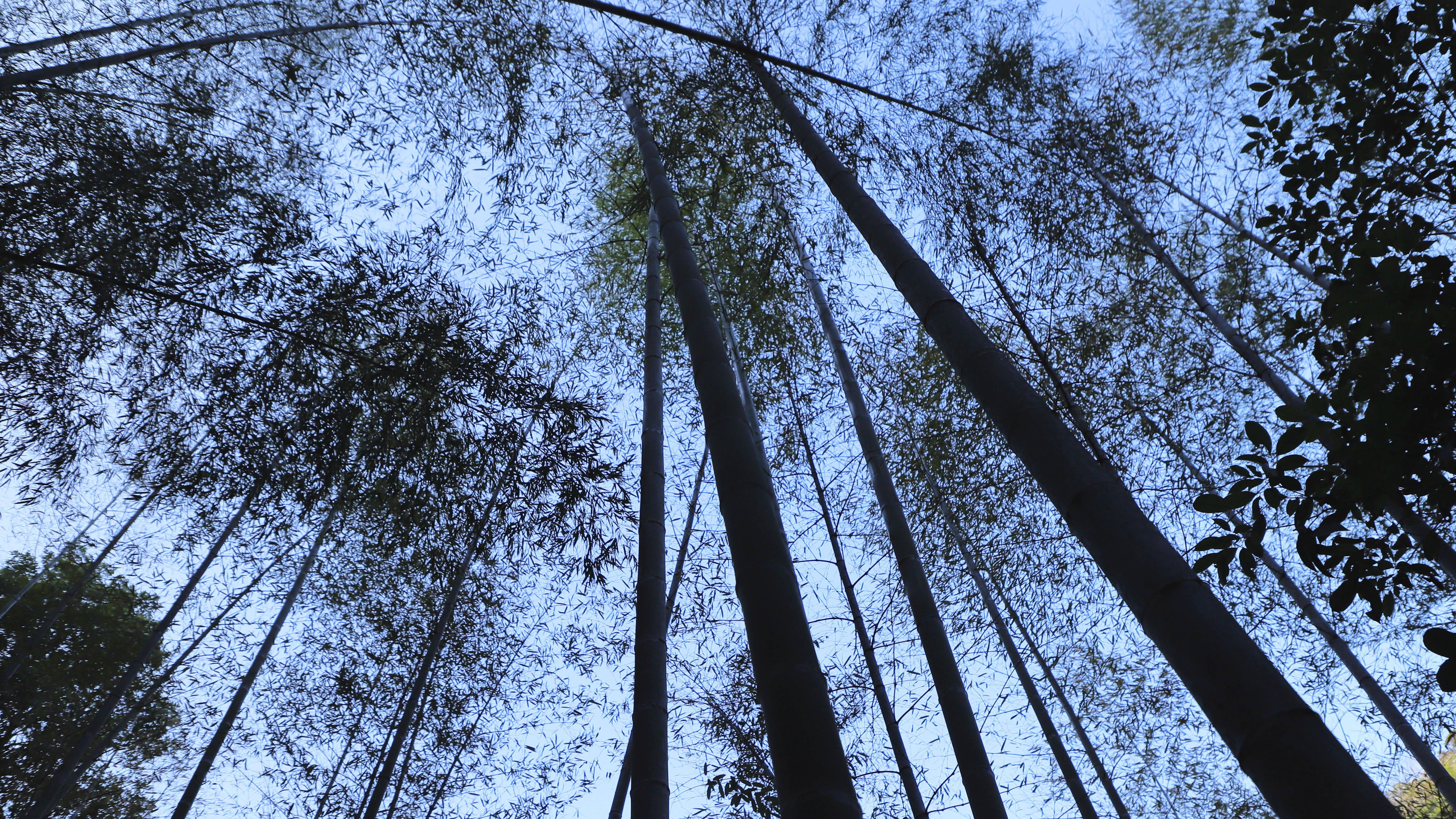
Another nine infrared cameras have been installed to record the activities of wild animals in the core area of Wuyi Mountain National Park during a scientific expedition on December 12. There are now 43 cameras in the park.
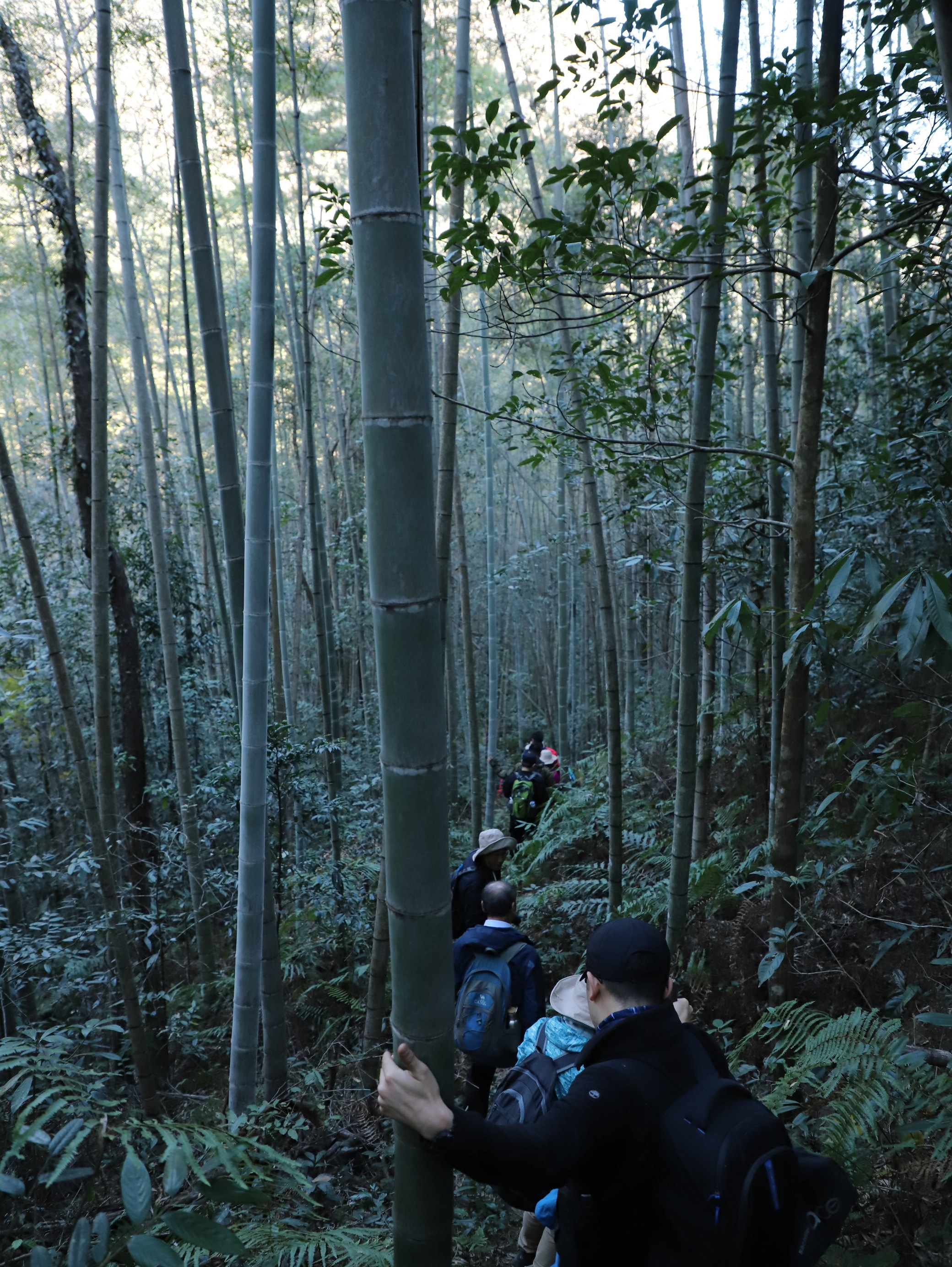
Expedition team walking through bamboo woods in Wuyi Mountain National Park. / Photo by CGTN's Zhang Hao
Expedition team walking through bamboo woods in Wuyi Mountain National Park. / Photo by CGTN's Zhang Hao
In China, the central area in a nature reserve is rarely open to individuals or organizations without special authorization. This expedition, however, is designed to obtain a better understanding and knowledge of the area after being closed off for more than 30 years. The idea is also to pool more scientific information about different animals and plants.
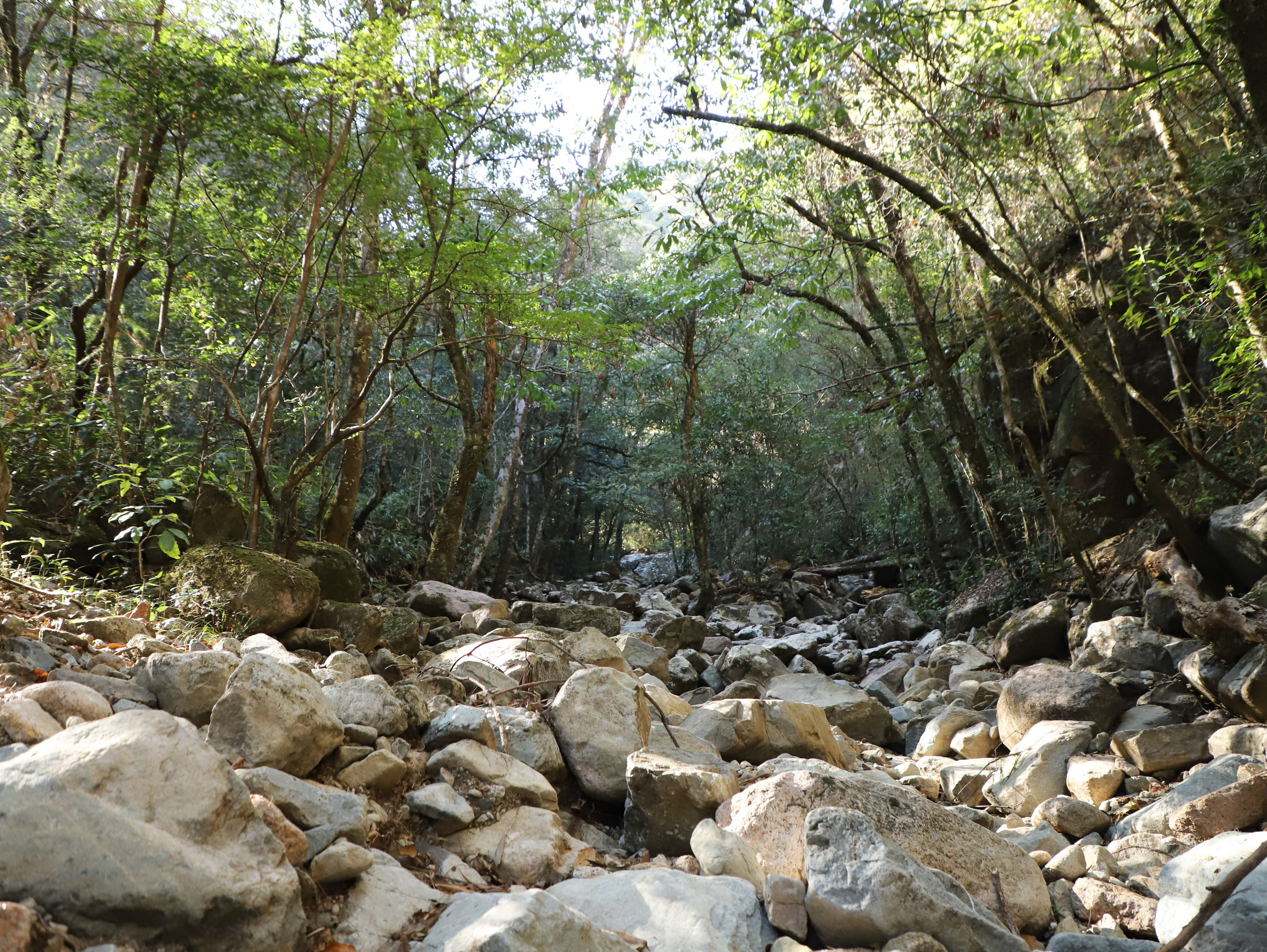
Dried-up river bed in the forest. / Photo by CGTN's Zhang Hao
Dried-up river bed in the forest. / Photo by CGTN's Zhang Hao
The results of the installation of the cameras were almost 30,000 photos and videos, and among them, images of state-level protected animals, like Cabot's tragopan and the black bear, surprised the public. This time, by increasing the distribution of the cameras, there is hope and a higher chance that more wild animals will be filmed.
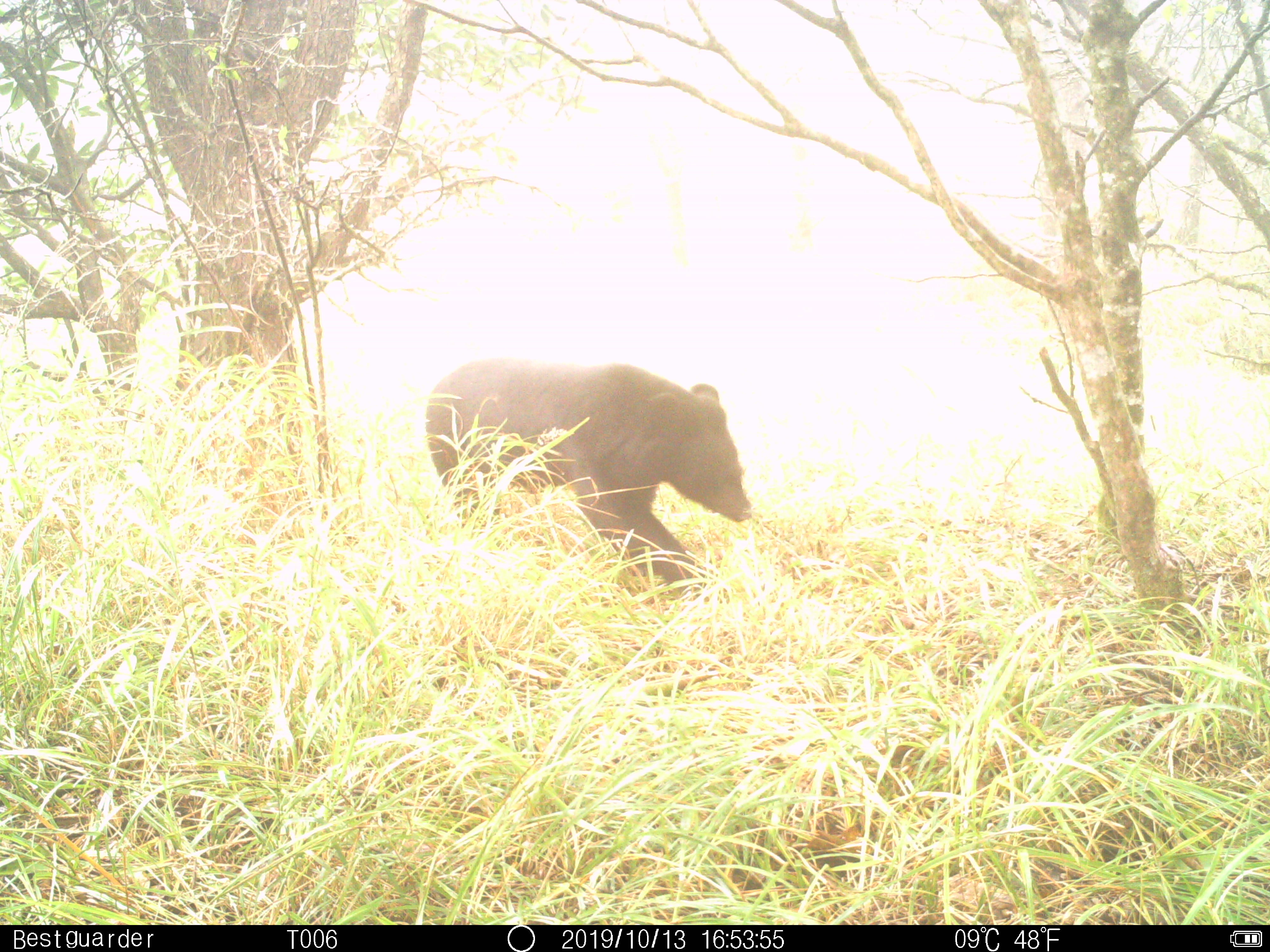
Image of a black bear recorded by one of the infrare cameras. /Photo provided by Wuyi Mountain National Park.
Image of a black bear recorded by one of the infrare cameras. /Photo provided by Wuyi Mountain National Park.
According to Zheng Dingtuan, from the Monitoring Center of Wildlife and wetland in Fujian, the nine cameras were placed at different altitudes and about 400 meters apart. They must be located near the places where animal activity was found.
"We have found some claw prints along this small path next to this tree. After some time observing, we believe installing the camera on this tree might increase the chance of filming multiple kinds of animals passing by."
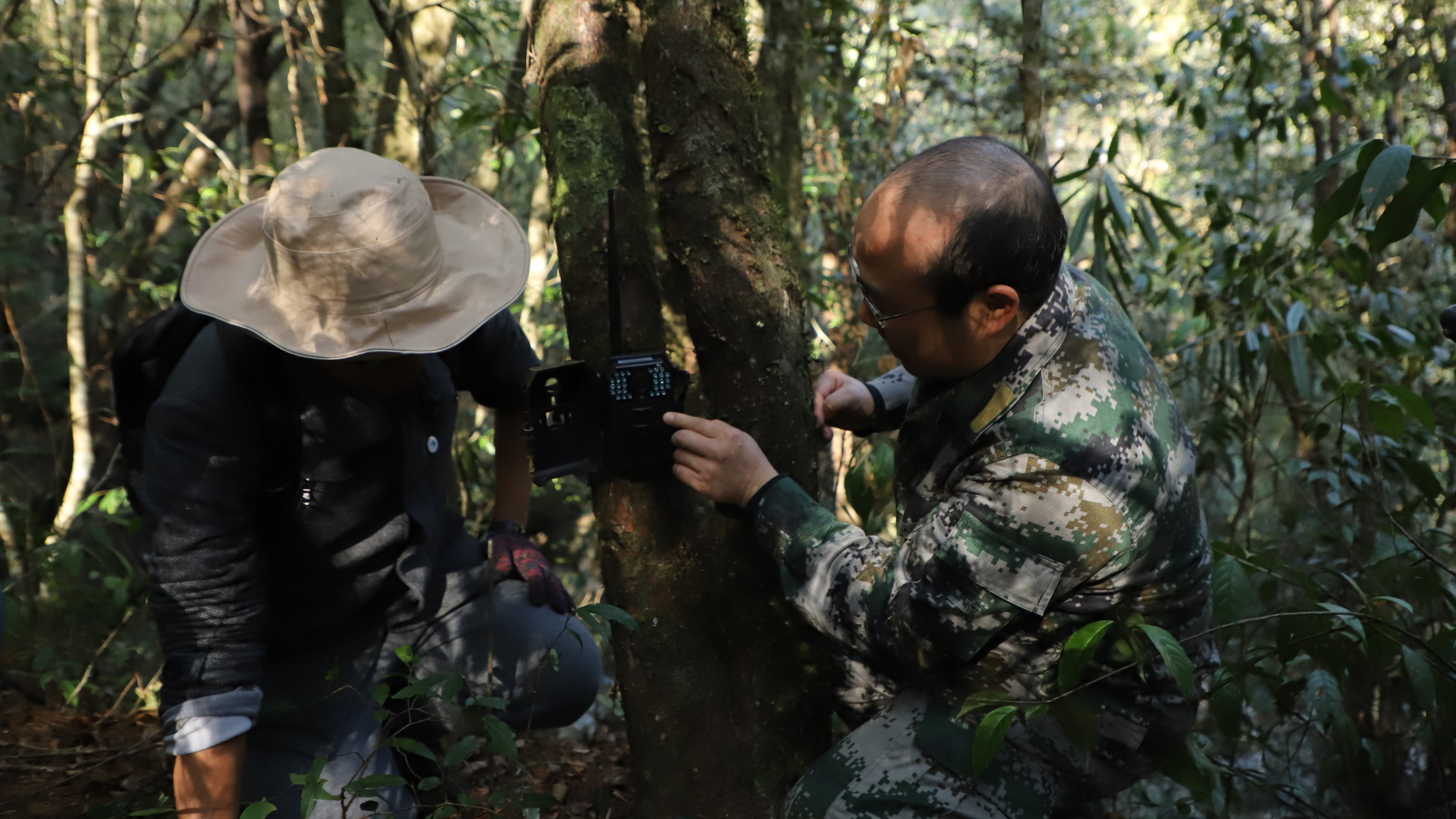
Zheng Dingtuan (R) installing a camera. / Photo by CGTN's Zhang Hao
Zheng Dingtuan (R) installing a camera. / Photo by CGTN's Zhang Hao
Wuyi Mountain has 210.7 square kilometers of undisturbed primeval forest and houses close to 2,800 higher plants and 7,000 insects. As one of China's ten pilot national parks, protecting its ecosystem will serve as a role model to further promote the National Park system in the country.
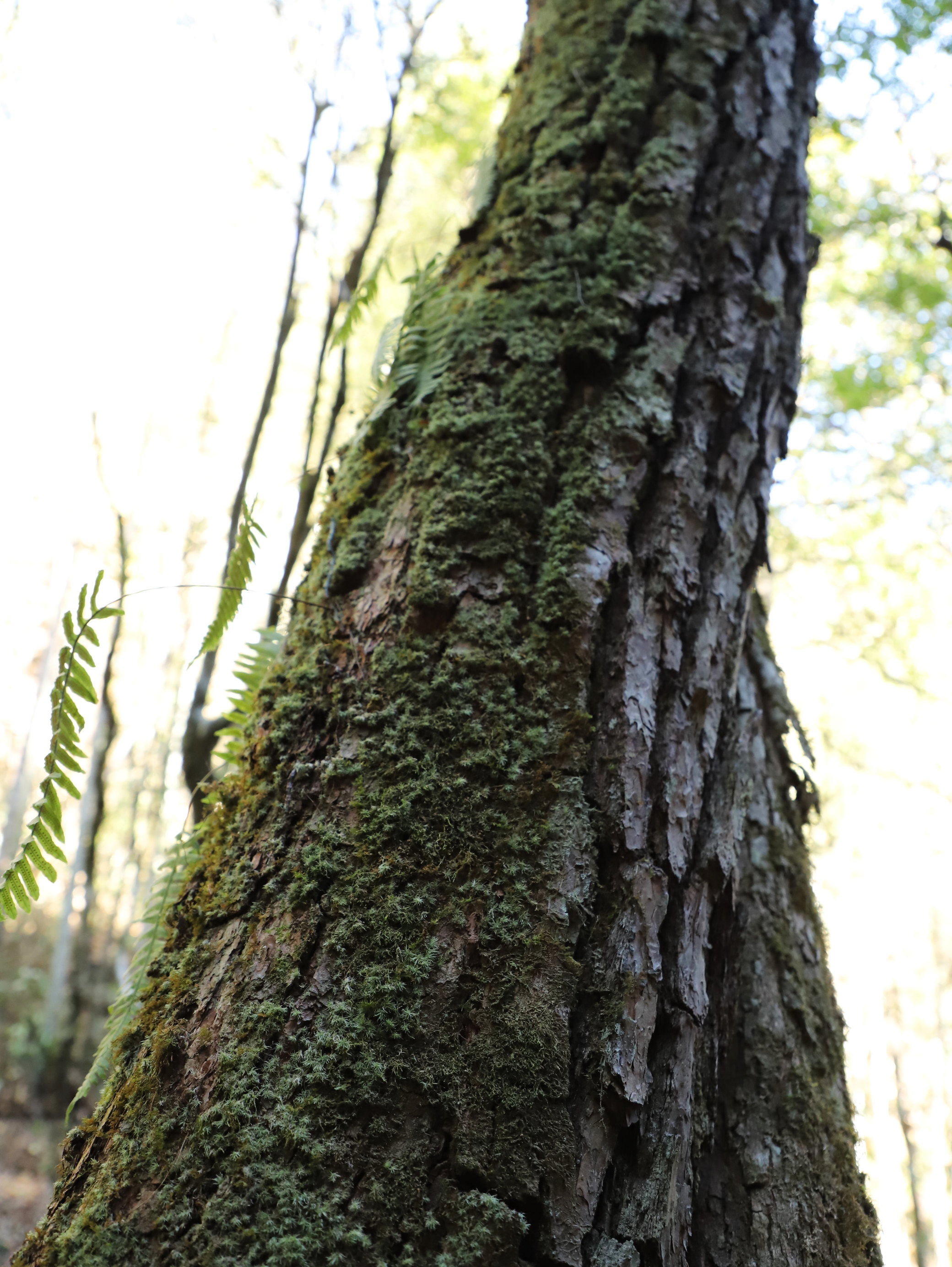
A tree in Wuyi National Park. / Photo by CGTN's Zhang Hao
A tree in Wuyi National Park. / Photo by CGTN's Zhang Hao
Li Zhenji from Xiamen University led this expedition team of 18 scientists from nine scientific organizations specialized in ecology, biodiversity, wildlife protection, among others. He believes a joint expedition like this may help the conservation work in Wuyi Mountain.
"In the trip, I have seen some plants are still in their original condition, this is a very good sign of a healthy environment here," said Li.
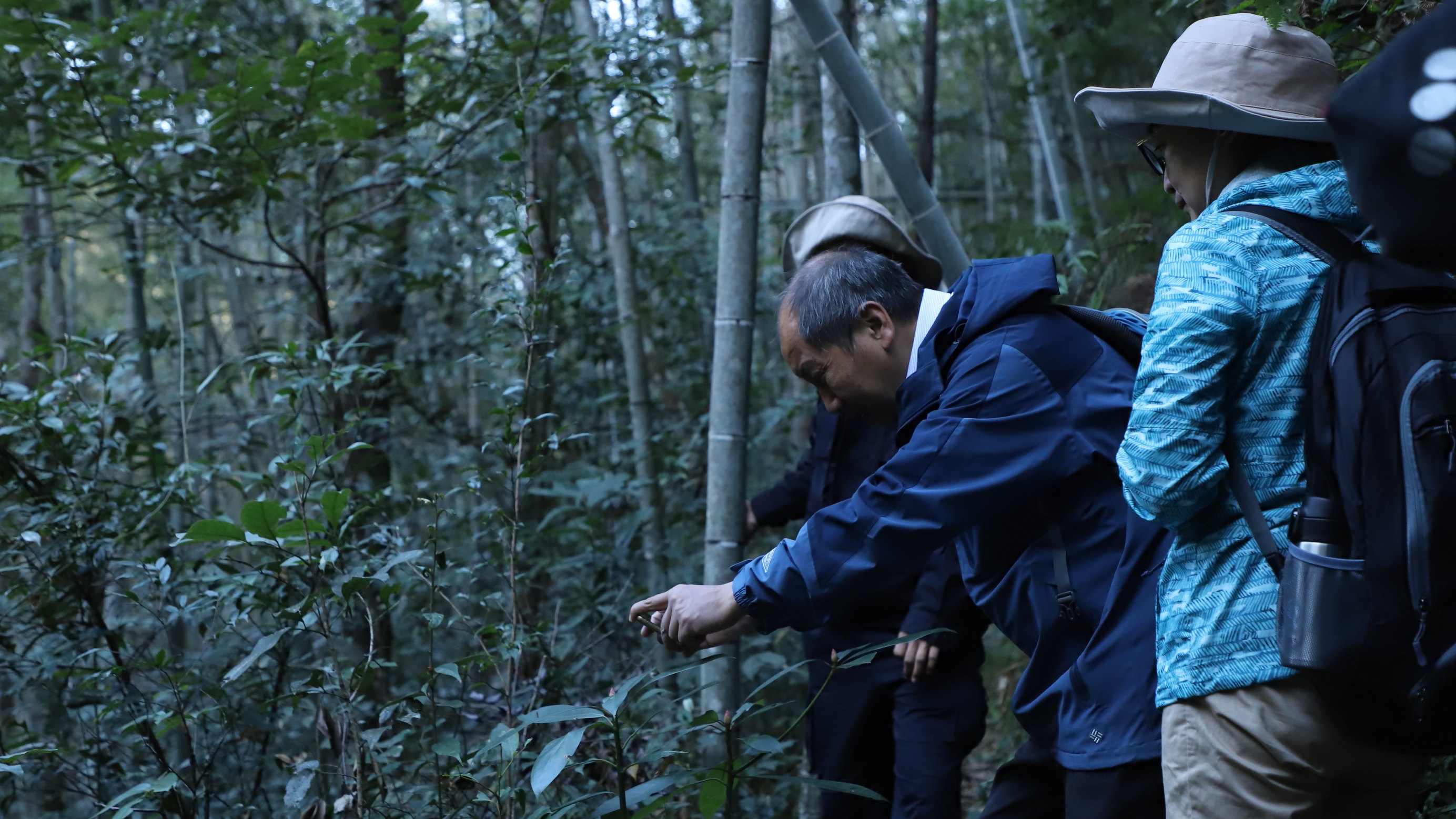
Li Zhenji is taking photos of a plant. / Photo by CGTN's Zhang Hao
Li Zhenji is taking photos of a plant. / Photo by CGTN's Zhang Hao
Since 2015, China has established ten pilot national parks throughout the country. Next year, several parks will be officially granted the title once they pass the evaluation process.
(If you want to contribute and have specific expertise, please contact us at nature@cgtn.com)